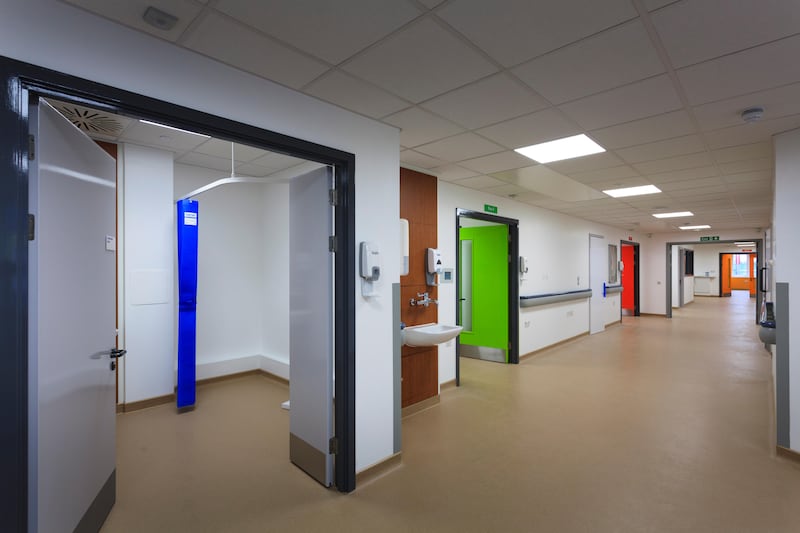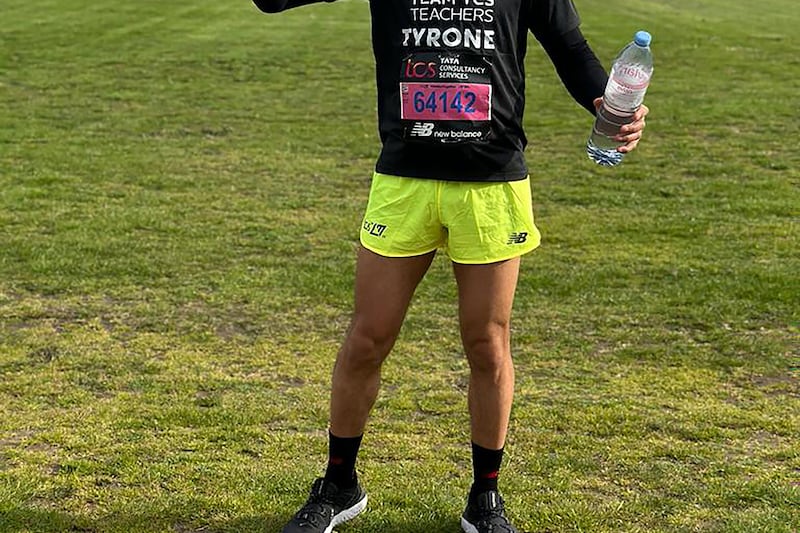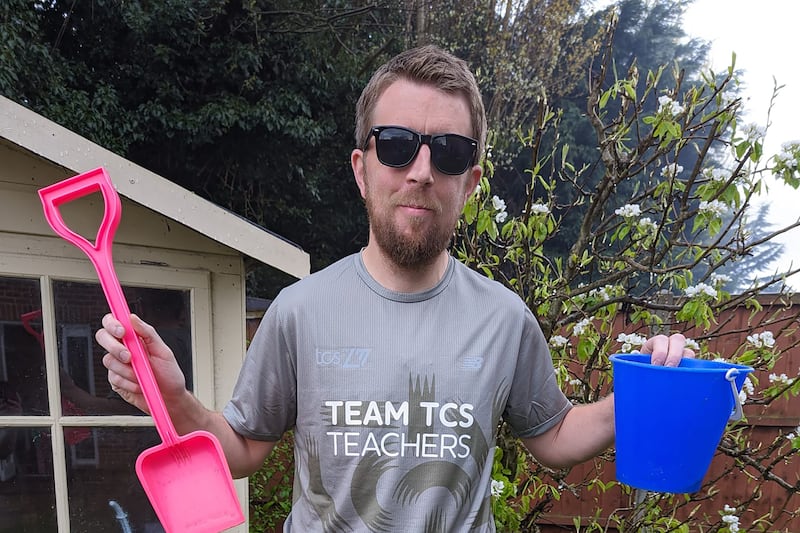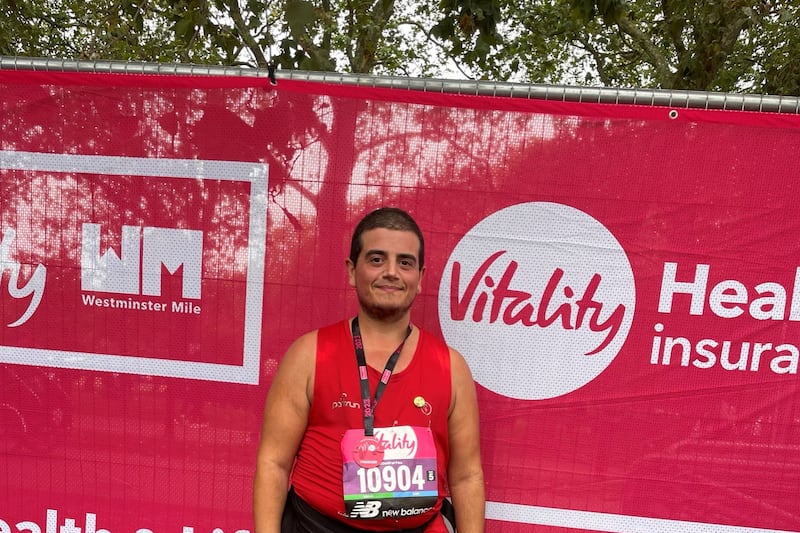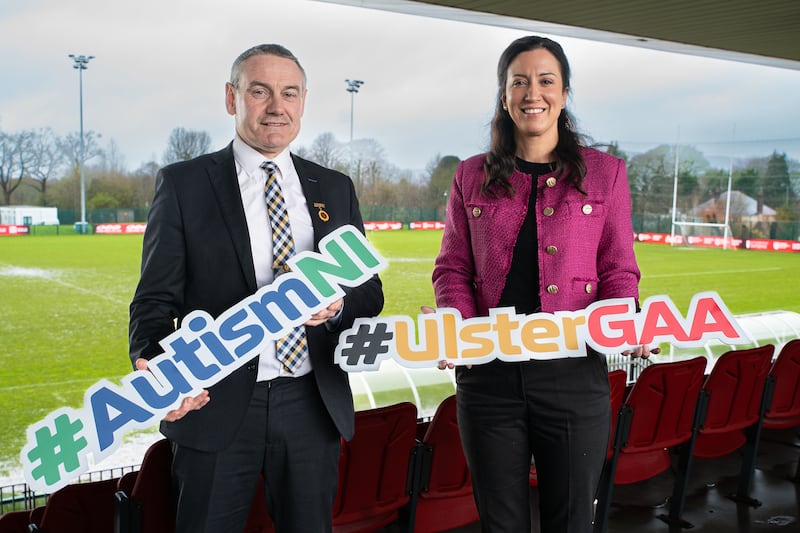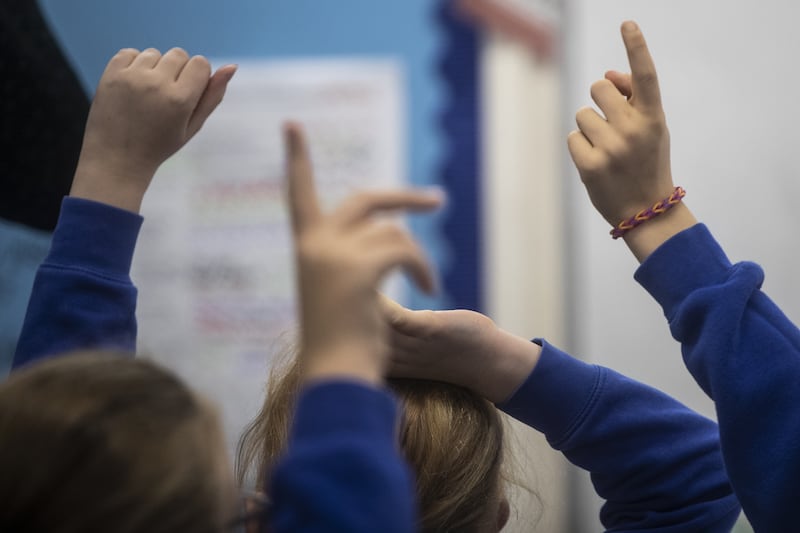RECORD high numbers of children with suspected autism are on waiting lists after the pandemic led to NHS clinics shutting last year – with almost 5,000 waiting to be seen.
Figures obtained by The Irish News reveal the scale of the backlog is double that of three years ago, with young patients in the Northern, Belfast and Western trusts worst affected.
Delays of more than two years are being experienced in Belfast, with many “desperate” parents opting to pay up to £1,400 for private autism assessments.
With all five of the north’s health trusts now accepting private referrals, there are growing concerns about a two-tier health system pushing disadvantaged children further down the waiting list.
During the first lockdown last March, face-to-face clinics were stood down, with Zoom and telephone calls instead made to parents/carers for their child’s developmental histories.
While “adapted diagnostic clinics” were piloted over the summer and autumn – including the use of two-way mirrors and assessments in family gardens/outdoor spaces – there was a dramatic drop in diagnoses, with just 134 between March and June last year compared with 681 for the same period in 2019.
The Belfast trust confirmed it has “accepted private assessments for a number of years” – and received 77 referrals for “intervention from private providers” between April 2019 and the end of last month.
One mother told The Irish News that her six-year-old daughter was seen privately “within weeks” by a team of specialists and was given a diagnosis last year.
She described the waiting lists as “unforgivable”.
“Finances aside, the idea of going private is not something I thought I would ever do. But I was absolutely desperate,” Beth McEvoy said.
“I felt my daughter’s emotional health would deteriorate rapidly in the two-and-a-half period waiting for a diagnosis.
“That diagnosis is no magic potion – but what it does do is recognise the complexities of the child and the support they need.
“It isn’t just about the learning in school, it’s their mental health.
“Early intervention is crucial to determining life outcomes, not just their childhood.”
The north’s four other trusts were unable to disclose how many private referrals they had accepted.
Face-to-face clinics have now resumed in line with health guidance while some remote assessments continue.
Dr Michael McKenna, a GP based in west Belfast for 20 years, expressed his concern about widening inequality gaps for poorer children and their families due to the waiting list crisis.
“We’re seeing longer waiting lists which forces people who otherwise would normally get their treatment on the NHS into to the private sector because they have no other choice – or feel like they have no other choice because they become desperate,” he said.
“We know that children with learning difficulties, autism and other special needs largely come from more socially deprived backgrounds.
“Many parents can’t afford to get assessments done. They are complex and take a long time.
“Within that vacuum you will get opportunity in terms of the private sector.
“Whether or not you agree with private care, it ultimately gives you a divide of equality and access.
“So what we are seeing are services driven further down the private direction to the detriment of the NHS in the long term and equal access to services – and the whole principles the NHS is built on.
“This has only been made worse by Covid.”
Dr McKenna also questioned the disparity in waiting lists across trusts.
A total of 180 children in the Southern trust will wait less than 13 weeks to be seen by a specialist, while there is a 10-week wait for a first appointment in the South Eastern trust, where 63 patients face delays.
The Northern trust has the biggest backlog, with 1,883 children on waiting lists – which trust officials partly attributed to it having the highest school age population. The longest delay is 490 days.
In Belfast, there are 1,714 children waiting for autism assessments, with the longest wait at 846 days.
The Western trust confirmed it has 1099 children waiting on appointments, with the longest wait at 720 days.
“You want to see what trusts are trying to do in closing the gap around waiting times. Having a different approach 30 miles down the road – that’s not on,” Dr McKenna said.
“We have a population of two million. In the rest of the UK you would have equality of service for that population.”
He said that when specialist early interventions become available, they work well.
“I think it’s important to reflect that when parents can access the services, it’s very good. I never hear a bad report.
“Once you’re able to get in, it’s hugely positive with such dedicated consultants.
“But parents of children with autism often talk about how they have to fight for everything. It’s often the person who shouts the loudest gets the most reward, which isn’t fair.
“It’s left to the charities to pick up the pieces.”


